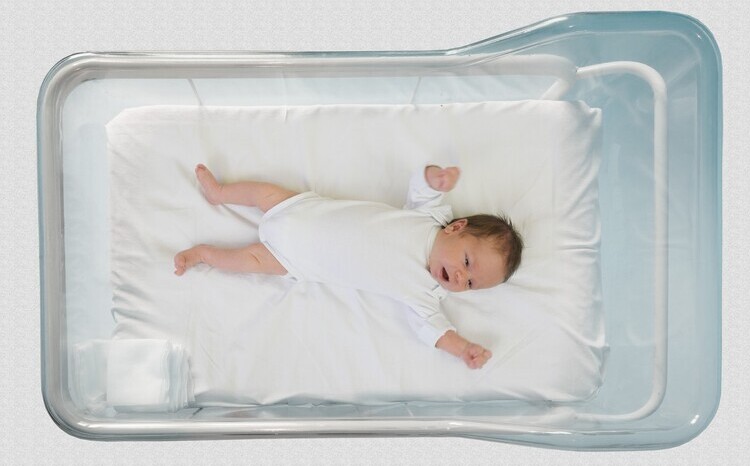AI tool offers insights to improve safety in maternity care
- 29 November 2024

- Researchers have developed an AI tool designed to identify human factors that impact outcomes in maternity care
- I-SIRch solution analyses maternity incident reports to pinpoint recurring factors and highlight areas for improvement
- It is hoped the tool will enhance safety for mothers and babies and inform targeted interventions that improve maternity outcomes
Researchers at Loughborough University have developed an AI tool designed to enhance safety in maternity care by identifying the human factors that could impact outcomes.
The I-SIRch solution, developed by Professor Georgina Cosma and Professor Patrick Waterson, analyses maternity incident reports to pinpoint human factors such as communication, teamwork and decision-making, that could benefit from additional support.
Findings from the analysis of 188 real maternity incident reports, which the tool was trained on, have been published in the International Journal of Population Data Science on 20 November 2024.
It is hoped the tool will help inform targeted interventions for maternity care that improve safety for mothers and babies, following the 2022 Ockenden Review into NHS maternity care, which found more than 200 babies died between 2000 and 2019 after “repeated failures” in care.
Patrick Waterson, professor of human factors and complex systems at Loughborough University, said: “Our work opens up new possibilities for understanding the complex interplay between social, technical, and organisational factors influencing maternal safety and population health outcomes.
“The need for such research was highlighted in the Ockenden Review, which examined maternity care and set to improve safety and care quality in maternity services.
“By taking a more comprehensive view of maternal healthcare delivery, we can develop targeted interventions to improve maternal outcomes for all mothers and babies.”
The I-SIRch project was jointly funded by the Health Foundation and the NHS AI Lab at the NHS Transformation Directorate, and was supported by the National Institute for Health and Care Research.
When adverse incidents happen in maternity care, investigations are carried out which involve time and resource-intensive manual reviews to extract human factor insights that may have affected outcomes, but they rely on individual interpretation and expertise, which can lead to varying conclusions.
I-SIRch automates and standardises this process, analysing multiple reports to identify recurring factors and pinpoint areas that would benefit most from additional support.
In tests, it successfully identified human factors in each report and provided accurate insights into where extra support could improve outcomes, the researchers said.
Prof Cosma and Prof Waterson are now looking to secure funding to refine I-SIRch using a larger, more diverse dataset, which will enable them validate the tool’s effectiveness and ensure it can address challenges faced by mothers from ethnic minority groups in maternity care.
“We are seeking to collaborate with hospitals, healthcare organisations, and investigation bodies to further refine and apply our AI tool to reports.
“These partnerships will help us extract vital intelligence to prevent adverse incidents and ensure the safety of all mothers and babies.
“We also hope to adapt the tool for use with other types of reports, such as adverse police incident reports, where understanding the human factors involved can help prevent future incidents and improve response strategies,” said Prof Cosma.
Dr Jonathan Back, safety insights analyst at the Health Services Safety Investigations Body, said the AI tool “could help analysts working in health and care to identify where there are inequalities, maximising learning by bringing together findings from multiple investigations”.
Meanwhile, a review of more than 12,000 papers and 87 articles by the University of Birmingham, published in October 2024, found that AI software improved the odds of women receiving good maternity care by 69%.



